Vent Hood Cleaning Services
Professional vent hood cleaning services from the cook-top to the roof-top for commercial kitchens in Dallas, Fort Worth and surrounding cities of North Texas. Free estimates and flexible scheduling for comprehensive kitchen exhaust system services.
Play VideoGet a Free Estimate
Before Hood Service
Dirty hood systems are a breeding ground for kitchen fires. Excess grease in ducts and on fan components provide fuel for any fires that make it into the exhaust system.
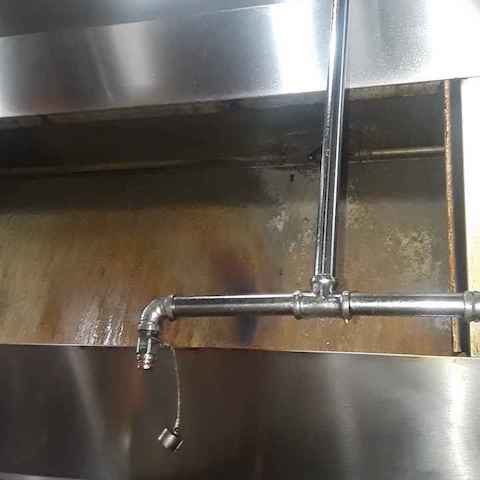
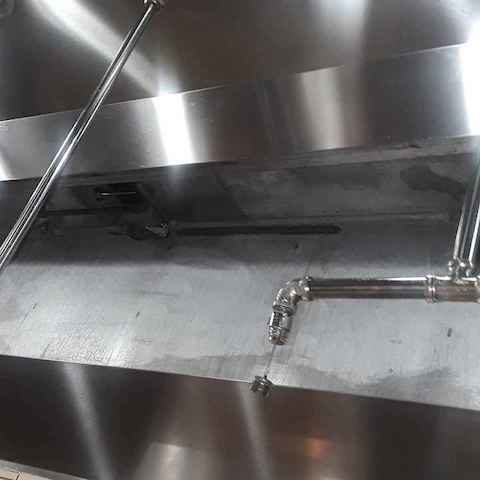
After Hood Service
Clean hood systems perform safely and efficiently. All excess grease within the ducts, fan system components, and the hood itself are removed.
Kitchen Exhaust Cleaning Services for North Texas and beyond.
Halo technicians ensure you have a clean and efficiently operating vent hood system that is compliant with NFPA-96 and local fire standards. We service the ENTIRE hood system. Halo never cuts corners by simply cleaning the components of the system you can see from the kitchen.
All work is performed by our certified technicians, backed with a NFPA-96 inspection-passing guarantee and documented with before and after photos to meet insurance requirements.
Hood cleaning services include:
- Cleaning the up blast fan(s)
- Degreasing, scraping and pressure washing all accessible vertical and horizontal duct work and the vent hood canopy
- Detailing the baffle filters and making sure they are suitable for continued service
- Drying and polishing the hood canopy inside and out
- Mopping the floor surrounding the vent hoods upon service completion
- Properly disposing all materials
Certified Technicians
With more than 20 years experience, our certified technicians inspect, review and clean the entire kitchen exhaust system.
Halo Guarantee
We guarantee your kitchen will pass all NFPA Standard-96 inspections. If our service does not pass inspection after following our suggested recommendations, we will perform the service again free-of-charge until it passes.
Flexible Scheduling
We realize kitchen operations cannot be interrupted at peak times. We offer service scheduled at night, during the day, or anytime in-between.
Accreditations
Halo is certified by the NFPA and maintains an A rating with the Better Business Bureau. Halo is also licensed, bonded and insured for facilities both large and small.
Photo Documentation
After service completion, we provide an inspection report. To reduce your liability, we also include before and after photos documenting our work.
Preventative Maintenance
Avoid costly service calls. Our knowledgeable staff can repair or replace most exhaust system parts and accessories.
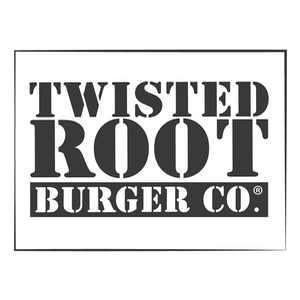


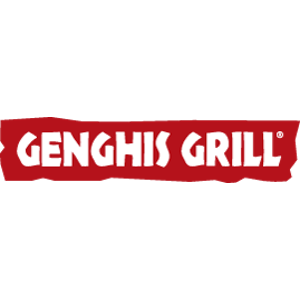
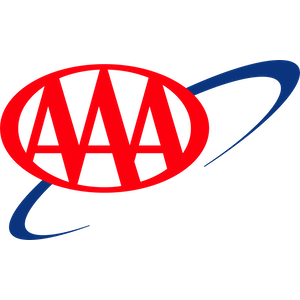
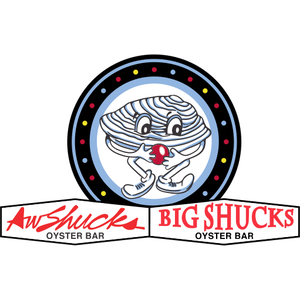


Restaurant Kitchen Hood Cleaning Process
The entire kitchen exhaust system cleaning process takes three to six hours on average, depending on the size of the job and condition of the system.
Large and complex systems may take several days to complete, especially if the ducts and upblast fans have not been cleaned properly during routine cleanings.
Commercial kitchens are required by NFPA-96 to clean their systems anywhere from every month to once per year.
Prep for Service. Remove Baffle Filters. Wrap the Hoods.
1. Prepare the Kitchen
To start, we shut off all appliance pilot lights and gas valves. We then cover appliances with tarps to protect kitchen equipment from chemicals and grease splatter. The baffle filters are removed and either placed in a soaking mixture or set-aside for power washing. This allows unencumbered access to the exhaust ducts from the vent hood. To catch all the greasy water runoff, each vent hood is wrapped in plastic and a funnel is created to divert the runoff into a container.
Spray, Rinse, Repeat. Scrape the Ducts. Wash the Roof.
2. Start at the Fans
If needed, we manually scrape the exhaust ducts from the top to remove all hardened grease and debris. Next, we clean the upblast fans by spraying with chemical degreaser, rinsing with hot water power washing, and then repeating until completely clean down to bare metal. If necessary, we replace the exhaust fan's belt. Afterward, we lightly power wash the roof area surrounding the exhaust fans. We ensure all surrounding areas of the exhaust system is clean or cleaner than how we found them.
Clean the Hood. Install the Baffle Filters. Dry and Polish the Hood.
3. Finish at the Hoods
We manually scrape the vent hood interior to loosen grease and debris. Afterward, we spray with degreasing chemicals and power wash with hot water to remove any remaining grease from the system. This is the same routine used on the rooftop. Once the hood is clean and the baffle filters have been soaked and rinsed, they are re-installed into the system. Finally, polish is applied to the interior and exterior of the hood canopy after it is thoroughly dried.
Inspect the System. Mop the Floors. Apply Certification Sticker.
4. Inspection & Clean-up
Our crew chief inspects the entire system from top to bottom to confirm the cleaning process was followed accurately. Once the grease is disposed of responsibly, sometimes taken off-site completely, we mop the floors surrounding the vent hoods. After the vent hood system is cleaned, we apply a certification sticker to the hood. Required by law, our sticker shows the fire inspector, health department and insurance agents the hood cleaning date and when the next cleaning is scheduled.
Recommended Hood Cleaning Frequency
NFPA 96: Standard for Ventilation Control and Fire Protection of Commercial Cooking Operations reflects the commercial cooking industry's best practices that maximize protection for a building and its occupants. The standard recommends cleaning frequencies for all types of commercial cooking operations in Table 11.3 Exhaust System Inspection Schedule represented below.
Frequently Asked Hood Cleaning Service Questions
Why should I clean my system?
Each year, eating and drinking establishments report more than 11,000 structure fires. As a result, there is an average of $164.4 million in direct property damage. Half of these fires originate in the cooking area, which can then explode into the exhaust system. A grease-free and fire-safe kitchen exhaust system protects restaurants from fire damage.
Regularly maintaining the vent hood system ensures a secure environment for cooking. A system safely working at peak performance will ultimately lead to a working environment that’s cleaner, cooler and more productive for the staff.
Halo has built a reputation for providing its customers fire-safe exhaust systems. We clearly understand the importance of a properly maintained vent hood system and what it means to your business. We also help make sure you’re always in compliance with the latest industry regulations.
What meets fire safety code?
As specified by the National Fire Protection Agency – 96 code and standards, any place cooking food commercially should have their kitchen hood system cleaned on a regular basis. NFPA-96 provides preventive and operative fire safety requirements. These requirements are intended to reduce the potential fire hazard of both public and private commercial cooking operations.
This includes, but is not limited to, restaurants, nursing homes, hospitals, churches, elementary schools, middle schools, high schools, colleges, universities, military bases, theaters, jails, prisons, race tracks, theme parks, bowling allies, convenience stores, and truck stops. Again, any facility that operates a commercial kitchen.
How much does a typical vent hood cleaning cost?
It depends. We prefer not to quote over the phone as each system is unique. Multiple variables can influence price such as number of hoods and exhaust fans, number of stories or structures, when the system was last cleaned, and other variables specific to your location.
Because of this, Halo offers free estimates. A trained technician is sent out to inspect your system and provide a quote specific to your system (good for two weeks).
How long does it take to clean a system?
It depends. On average, it take three hours to clean a single hood and single fan system located on a single story structure. However, it can take seven hours or longer if the system is extremely dirty or if there are multiple hoods and multiple fans on a multiple story structure.
If your crew is here after closing, how will they lock up when they are finished?
Halo is a BBB A+ accredited, insured company. You can rest easy knowing that all of our employees are background checked and drug screened. Additionally, our technicians will follow specific instructions to lock up your facility and set any alarms.
Access Panel Installation
If we can’t access it, we can’t clean it. Adequate access panels in an exhaust system are imperative for a system that can be properly and efficiently cleaned.
Baffle Filter Replacement
Proper baffle filters are the first step in preventing kitchen fires from spreading through kitchen exhaust systems. A damaged baffle filter is a potential fire hazard for your restaurant and needs immediate replacement.
Regular inspections and replacement of exhaust fan belts help keep exhaust systems functioning smoothly and prevent untimely service disruptions.
Exhaust Fan Hinge Kit Installation
Hinge kits provide for easy cleaning of exhaust fans and help eliminate the risk of damage to fan components during routine cleaning service.
Professional cleaning of ceiling tiles offers a far more practical and cost-effective solution than complete ceiling replacement.
Rooftop Grease Containment
Grease can be extremely harmful to commercial rooftops when allowed to accumulate. Grease containment systems help protect the roofing structure and prevent costly repairs.
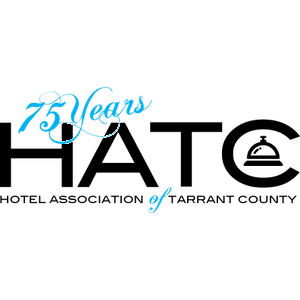
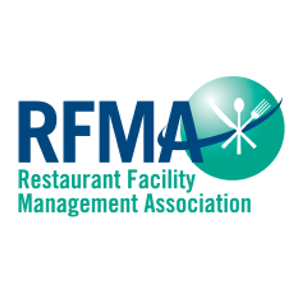
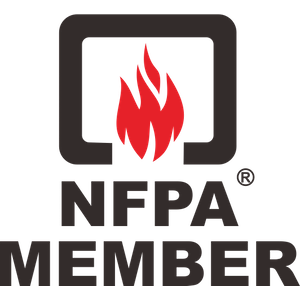
Schedule a Cleaning Service Anytime.
Estimates are free for all of our cleaning services including one-time and regularly-scheduled cleanings.



